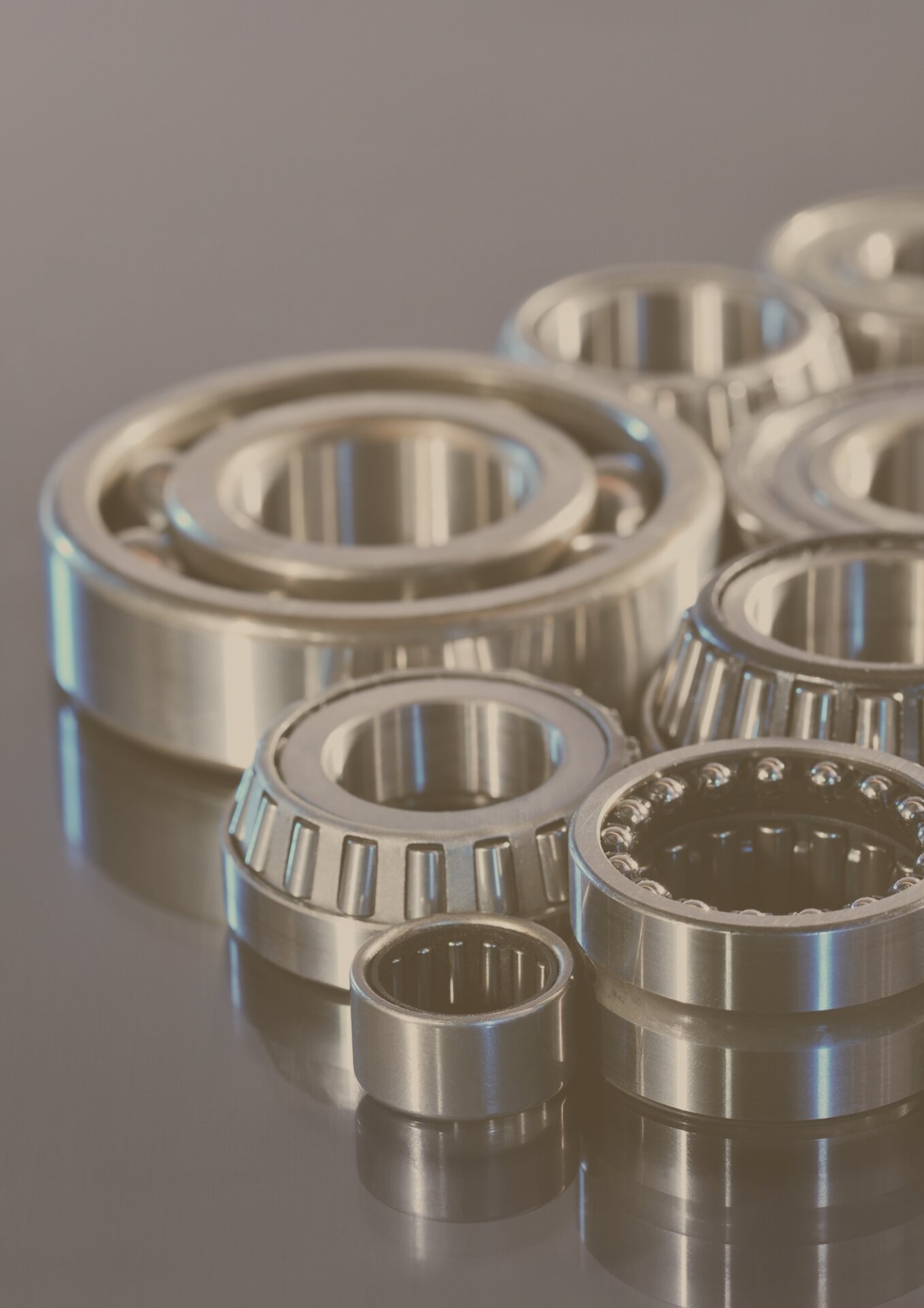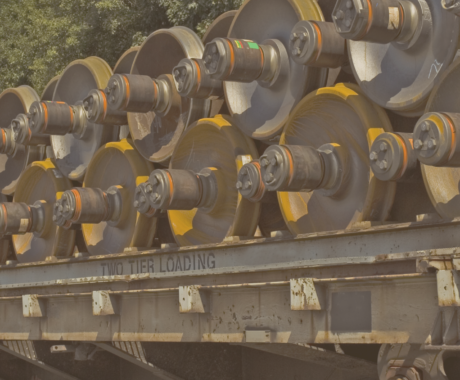Railway companies face constant pressure to maintain fleet reliability while managing operational costs and minimizing downtime. One critical area of focus is detecting and addressing bearing issues early, as undetected bearing failures can lead to costly repairs, unplanned downtime, and even severe damage to infrastructure. To tackle this challenge, one of Viezo’s customers tested Powerail sensor solution on their fleet.
Case study overview
The company trialed Powerail on 10 wagons to evaluate its effectiveness in detecting bearing issues early. Powerail immediately proved its value by detecting two critical bearing issues, including one that stemmed from improper lubrication. This proactive detection demonstrated how early issue identification could transform rail maintenance, turning unexpected breakdowns into manageable, scheduled repairs.
Cost savings
In traditional rail maintenance, undetected bearing issues can lead to serious consequences. Without early intervention, a bearing failure may escalate, causing damage to other components or even the track itself. This trial highlighted the significant cost savings Powerail could provide by preventing these worst-case scenarios.
Scenario without Powerail
Without an early detection system, the cost of a bearing issue spiraling into failure is substantial:
– Repair and replacement costs. A full wheelset replacement costs around 4 000 EUR, while axle and wheel replacements can add another 1 000 EUR each if the damage spreads.
– Emergency response costs. If the issue escalates, emergency repairs requiring a mobile maintenance team, crane, and parking fees can cost 10 000 – 20000 EUR. In cases of severe track damage, fines and repairs could range from 100 EUR to a staggering 1 000 000 EUR.
– Downtime costs. An undetected issue could take up to 14 days to resolve, accumulating downtime costs between 45 – 100 EUR per day, adding another 630 – 1 400 EUR to the total.
These costs add up quickly, potentially reaching 5 000 to 20 000 EUR, depending on the severity of the failure.
Scenario with Powerail
With Powerail, the cost savings are immediate and substantial. By detecting bearing issues early, repairs can be managed in-house without the need for emergency measures:
– Bearing cost. The cost of a single bearing is around 150 EUR.
– Labor cost. With early detection, a simple two-hour repair in the company’s workshop costs only 100 – 200 EUR in labor.
– Downtime cost. Because the issue is addressed within regular maintenance, downtime costs are effectively 0 EUR.
Total cost with Powerail – approximately 300 EUR.
By catching the issue early, Powerail helped the company avoid potentially costly emergency repairs, resulting in estimated savings of up to 10 000 EUR per incident.
Improved efficiency
Early detection isn’t just about saving money—it’s also about improving overall efficiency. With Powerail, the company could seamlessly integrate repairs into scheduled maintenance, eliminating unexpected breakdowns and minimizing workshop disruptions.
– Proactive maintenance scheduling. Powerail enables early identification of issues, allowing repairs to be planned and integrated into regular maintenance schedules. This reduces the likelihood of unplanned stoppages and minimizes the need for unscheduled workshop visits.
– Enhanced wagon utilization. By proactively maintaining wheelsets, the company can maximize their usage and avoid the operational disruptions that unexpected bearing failures can cause.
Although this trial was limited to just 10 wagons, the efficiency gains observed suggest even more significant improvements with fleet-wide implementation.
Optimized resource management
Resource management is another area where Powerail can make a difference. By detecting issues early, the company was able to better manage its resources, from workshop scheduling to inventory control.
– Better workshop scheduling. Early detection means repairs can be planned, freeing up workshop space and reducing queues.
– Efficient inventory control. Knowing about potential issues in advance allows for better inventory management, ensuring that critical components are readily available when needed. This minimizes lead times and reduces the need for costly, last-minute parts sourcing.
While the trial’s limited scope provided only a glimpse of these benefits, a larger deployment would likely yield even more streamlined resource management.
Potential for enhanced operational reliability
In addition to cost and efficiency benefits, Powerail showed promise for enhancing operational reliability, though a larger-scale test would be needed to fully quantify this impact.
– Reduced downtime. Powerail’s early detection allows for quick resolution of issues, minimizing downtime and keeping wagons operational with minimal delays.
– Better schedule adherence. For companies handling time-sensitive cargo, maintaining reliable schedules is crucial. Early detection can help avoid costly missed loading/unloading slots, which are common disruptions for container-based operations.
With Powerail, rail companies could significantly reduce operational interruptions and improve their overall reliability.
Proactive approach to rail maintenance
This trial demonstrated the impressive potential of Powerail to transform rail maintenance. By enabling early detection of bearing issues, Powerail reduced repair costs, prevented emergency situations, and enhanced operational efficiency. The estimated savings of up to 10 000 EUR per incident underscore the value of proactive maintenance.
While the test was limited to a small portion of the fleet, the results indicate that a full-scale implementation could bring even more substantial benefits. Powerail’s early detection capabilities represent a powerful tool for modernizing rail maintenance, offering a proactive approach that helps companies control costs, streamline operations, and improve reliability.
As rail companies increasingly seek to balance cost efficiency with reliability, solutions like Powerail provide a compelling case for the future of proactive rail maintenance.



